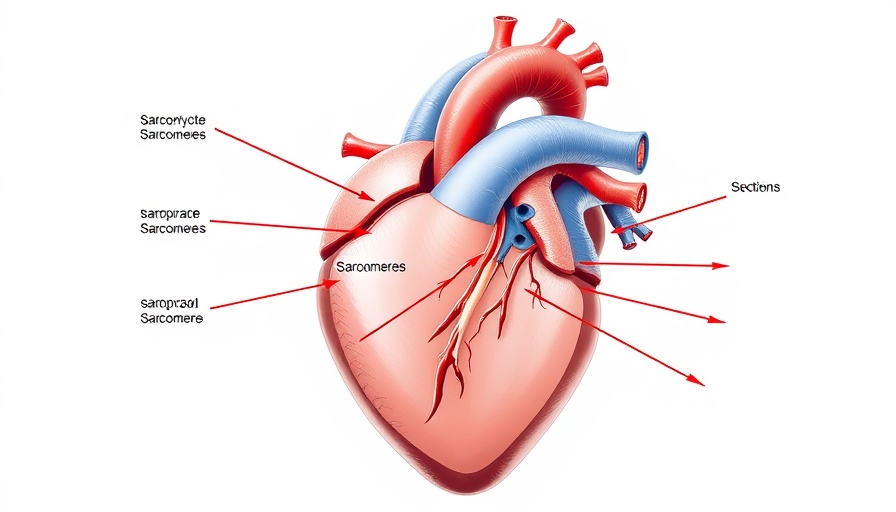
Understanding the Impact of Cardio-Kidney-Metabolic Syndrome
The recent findings from the CHARLS study reveal a troubling connection between the progression of cardio-kidney-metabolic syndrome and an increased risk of cognitive impairment. This syndrome represents a trifecta of cardiovascular, renal, and metabolic disorders, a combination that poses significant health risks. The results underscore the importance of monitoring these interconnected conditions, especially in older adults, as they can exacerbate cognitive decline.
A Community Concern: The Ripple Effect of Health Conditions
In communities across the country, the prevalence of cardio-kidney-metabolic syndrome is a growing concern. As local residents face challenges related to diabetes, hypertension, and heart disease, it becomes essential to recognize how these conditions do not exist in isolation. They impact individual health but extend their reach into community well-being. An increase in cognitive impairment within a population can affect not only families but also local economies and healthcare resources.
The Role of Telemedicine in Addressing Health Issues
As communities grapple with rising health challenges, telemedicine emerges as an innovative solution to improve access to care. Particularly for aging populations at risk of cardio-kidney-metabolic syndrome and cognitive impairment, telehealth services can provide regular monitoring and support. Telemedicine breaks down geographical barriers, ensuring that individuals can consult healthcare professionals without the need for travel, facilitating timely interventions that could mitigate the risks associated with these conditions.
Taking Action: Steps for Prevention and Awareness
Engagement and prevention are vital in tackling these interconnected health issues. Community initiatives that promote healthy lifestyles, regular health screenings, and education about managing risk factors are crucial. The integration of telemedicine into these community efforts can greatly enhance outreach and efficacy. By empowering individuals with knowledge and access to care, we can collectively work towards reducing the incidence and impact of cardio-kidney-metabolic syndrome.
Conclusion: Community Empowerment Through Knowledge
Understanding the links between cardio-kidney-metabolic syndrome and cognitive decline is essential in today's healthcare landscape. As members of tight-knit communities, we must prioritize sharing information and resources that can lead to better health outcomes for all. Combining traditional health initiatives with technological advancements like telemedicine may very well pave the way for healthier and more resilient communities.
 Add Row
Add Row  Add
Add 




 Add Row
Add Row  Add
Add 

Write A Comment